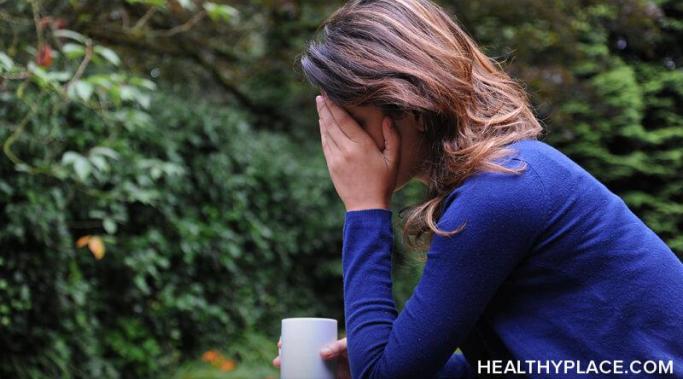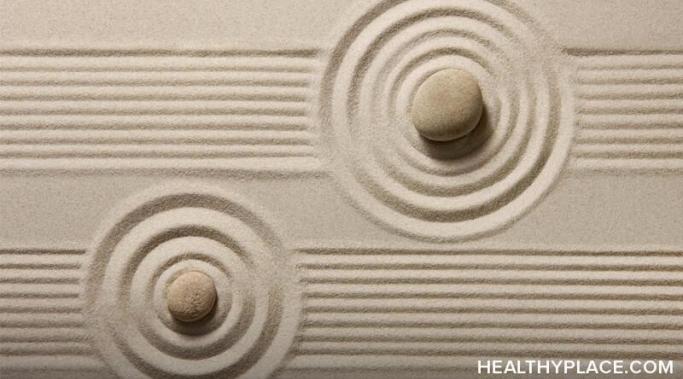Blogs
Have you tried to fix someone's mental illness? When we see others struggling with mental illness, we often get the urge to help. But for most of us, we aren’t equipped to treat their disease—and trying to can negatively impact our mental health. Sometimes we have to let go and accept that we can’t fix someone else’s mental illness.
A friendship recession is a real thing. When was the last time you hung out with your friends? Or when have you had a real heart-to-heart conversation? If you cannot recall the date, you, like countless others, may have been hit by the friendship recession.
While I know it's tempting, don't try to be your own psychiatrist. Trying to be the psychiatrist is a mistake. Psychiatrists train for 10 years to decide how to help you. Do you have 10 years of training? These people treat others like you every single day and thus have years of clinical experience under their belt. Do you treat others and have years of clinical experience under your belt? For most of us, the answers are "no" and "no." When you try to be the psychiatrist, you hobble your own treatment. And the trust is, I see people doing it all the time.
I want to share what it's like to have borderline personality disorder (BPD) and experience severe emotional triggers in the middle of interactions. Borderline personality disorder triggers are no small thing.
I have battled grief in relation to my posttraumatic stress disorder (PTSD). I've spent years mourning the life I had before my trauma, as well as the life I feel I could have had if that traumatic event had never happened in the first place. Posttraumatic stress disorder has amplified my experience of grief.
As Japan's unique culture continues to gain interest worldwide, many previously unknown aspects of Japanese life are now much more widely understood. At one end is its distinctive pop culture. On the other are its traditional philosophical concepts related to mindfulness, simplicity, and the inherent power of nature. These aspects of Japan's unique culture have undoubtedly played a pivotal role in helping me create a blissful life.
Goodbyes suck. I suck at giving goodbyes. There are times I’m more likely to fade away than give a proper goodbye. But, in this case, I’m here to give a proper goodbye to HealthyPlace. As much as I don’t want to say goodbye, it feels like it’s time for me to move along.
According to Dr. Gabor Mate, underneath all addictive behaviors lies a deep, unresolved trauma wound.[1] One thing that helped me start releasing the shame I carry for struggling with addiction was learning about the two types of trauma: "big T" and "little t" trauma. Big T trauma is related to an acute, severe event like sexual assault or going to war. While little t trauma accumulates over time in response to things like active shooter drills or a childhood steeped in diet culture.[2] These two types of trauma are important to understand.
I formerly used earplugs to drown out the noise and chatter in restaurants and some other public places, but now I’ve switched to noise-canceling headphones to deal with the anxiety those noises cause. Let me tell you about them and about why I need noise-canceling headphones for anxiety in the first place.
Throughout the years, I've developed coping strategies that are helpful for my anxiety. But, I also realize that to effectively cope with the anxiety that might be triggered out of nowhere, I need to give myself a chance to heal from painful memories of the past.









